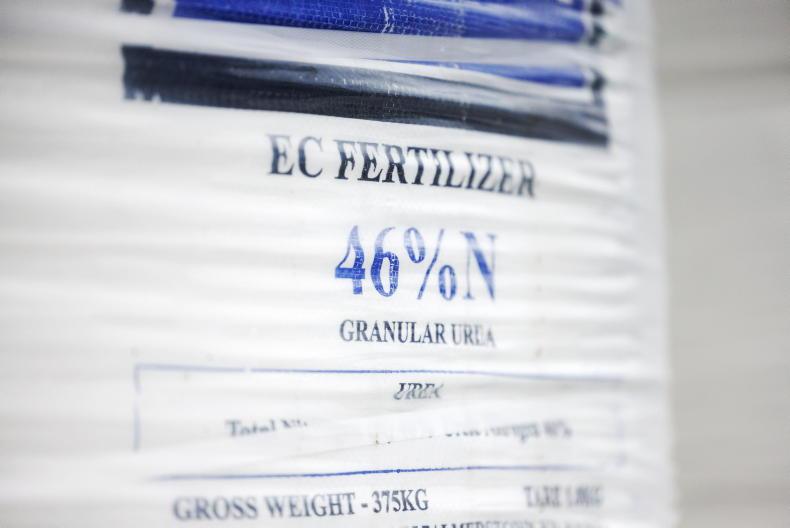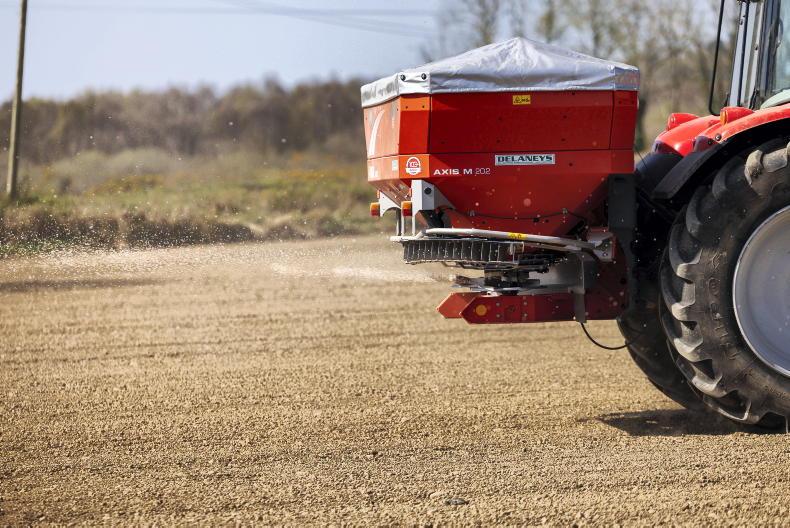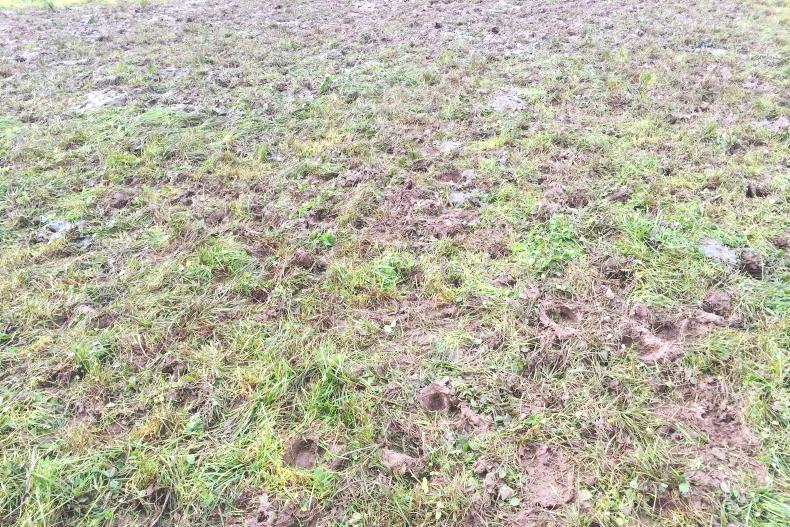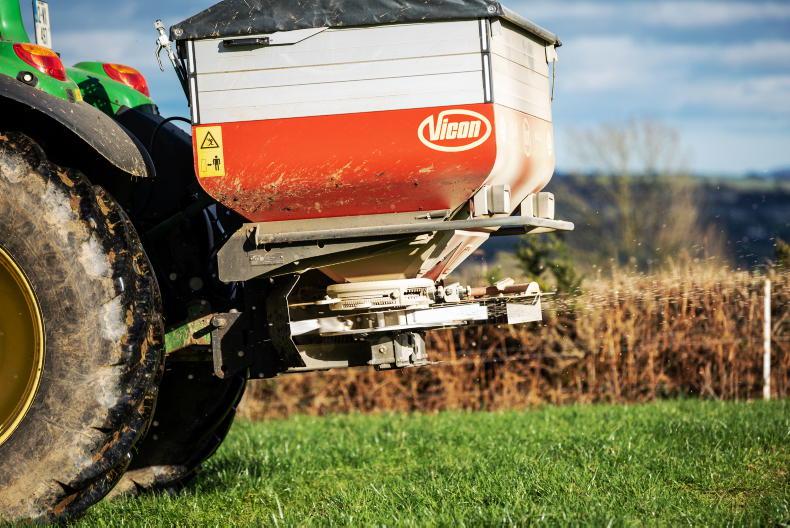With nitrogen production starting to resume in Europe and reports of a sluggish market, nitrogen is now trading at a discount to where it was some weeks ago.
Demand is struggling at current prices as both farmers and importers appear to be stepping back from the market.
European natural gas prices are down from the mid-August high of €350/kwh, which caused the closure of 70% of nitrogen production in the EU, to €118/kwh.
Natural gas is the main ingredient and input cost in nitrogen production. Any significant softening of European nitrogen prices would require a corresponding softening of gas prices. However, resumption of European production, bringing more product on stream, would bring some relief to the market.
Urea prices softening
European prices are currently trading above north Africa and the Middle East, which have both fallen in the past month and appear to offer value.
Egyptian granular urea FOB is currently trading at the equivalent of €765/t, similar to prices last April and down from €855/t at the start of September. This would translate to a landed price of approximately €815 /t in Ireland.
Middle East granular urea FOB is trading equivalent to €645/t, similar to prices achieved last February and down from €715/t at the start of September.
The landed price in Ireland would be roughly €700/t. Hopes that a recent Indian urea tender would settle the market do not appear to have transpired and further softening is possible.
Demand destruction
Globally, fertiliser demand is lower as persistent high prices have served to destroy demand in most markets to some degree but significantly in some.
Phosphate and potash prices continue to fall globally, although they are reported to trade higher in Europe. However, nitrogen prices which are more inelastic, as output depends on it, have clearly not fallen to the same degree. Global nitrogen availability while tight, may well be sufficient to meet reduced demand.
Developments in European production in the next few weeks may prove key.
Russia Ukraine Agreement Review
Russia and Ukraine are currently in negotiations to extend the agreement brokered by the United Nations and Turkey to facilitate grain exports from the Black Sea.
The deal, which expires on 19 November, also provided for the resumption of Russian fertiliser supply.
Russia has been critical that western countries are not doing enough to facilitate this trade.
Russia accounts for almost a quarter of global ammonia exports, which is used to produce nitrogen, half of which is exported via a pipeline through Ukraine to the port of Odessa. This has been shut down since the start of the war. Resumption of this trade would boost supply and should moderate prices.









SHARING OPTIONS